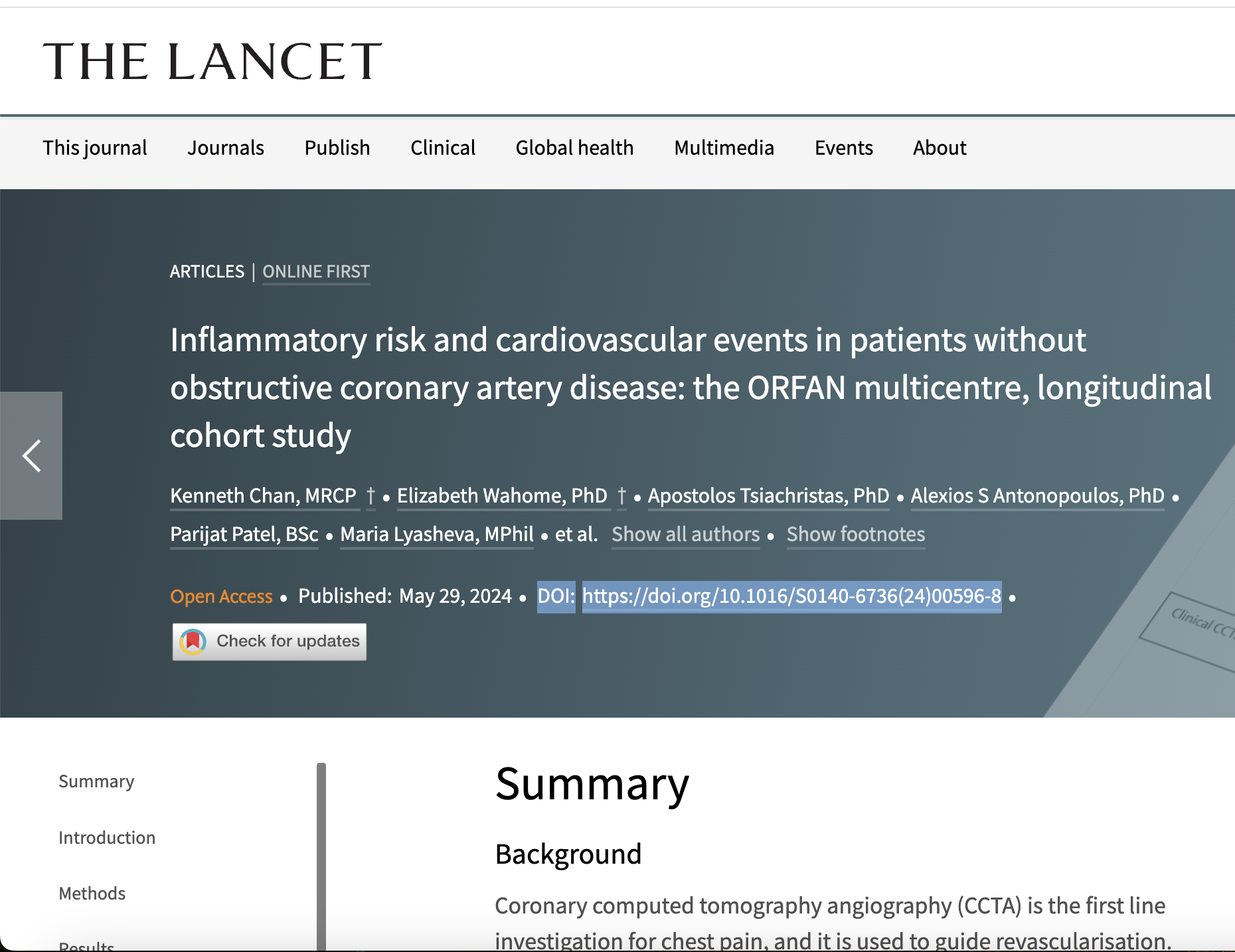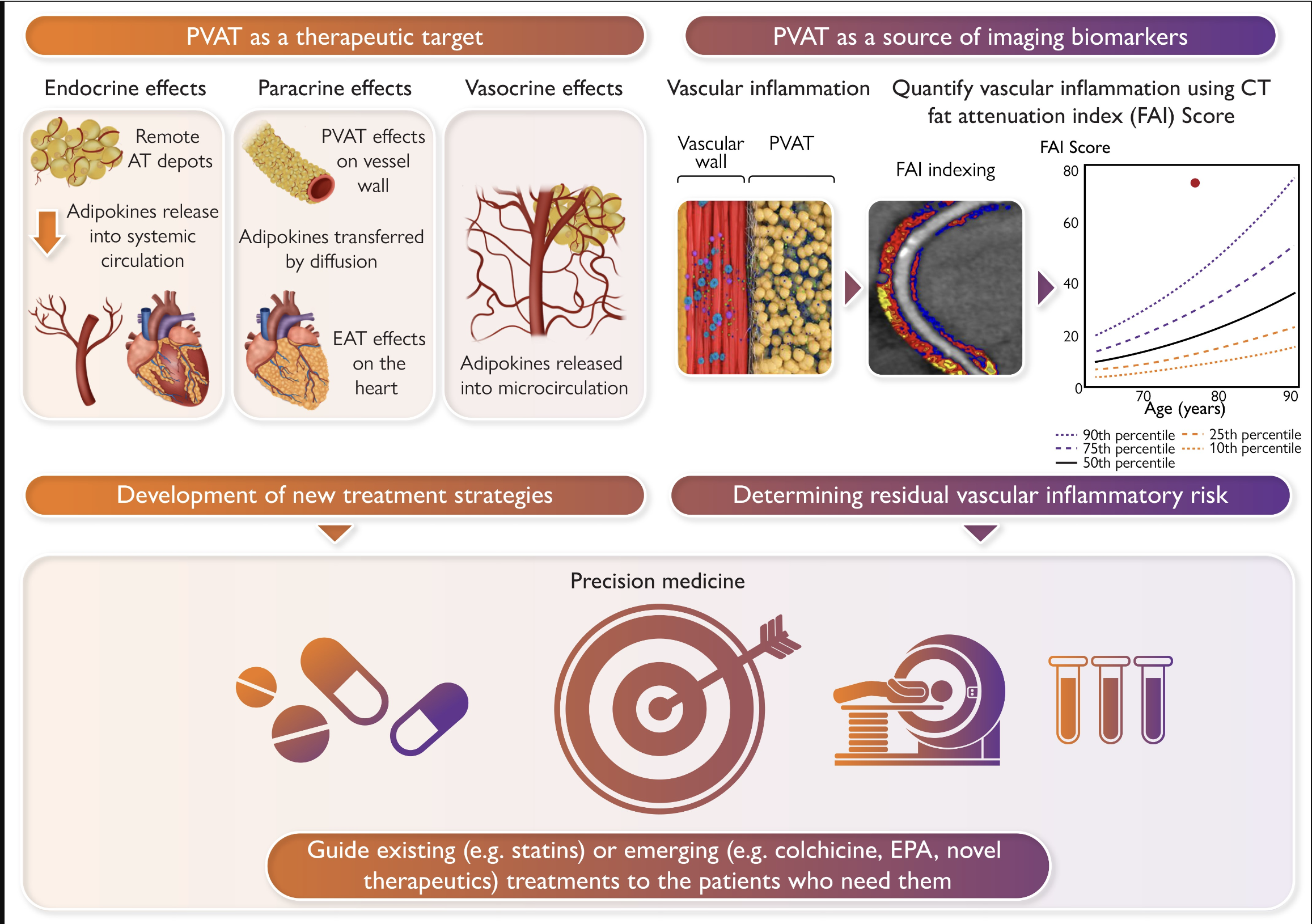The Year in Cardiovascular Medicine 2020: Digital Health and Innovation

Advances in digital health and particularly in artificial intelligence (AI) have led us very close to the true implementation of personalized medicine. The year 2020 has brought an exponential increase of studies using various forms of AI, from supervised machine learning to unsupervised deep learning, with applications across all domains of cardiovascular medicine.
AI is now moving from research to implementation, affecting all aspects of clinical cardiology. The studies bringing AI close to clinical practice span from fast clinical and biochemical data analysis and interpretation of results to image analysis, electrocardiogram (ECG) interpretation, arrhythmia detection, or even the use of face recognition to diagnose cardiovascular diseases. We review some of the most exciting development in the field of AI in cardiology, published from fall of 2019 up until now.
Read the full article on Oxford Academic


